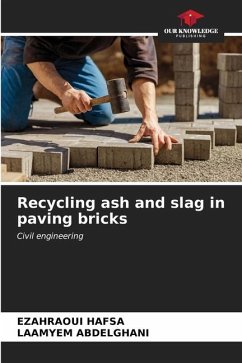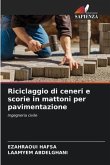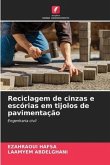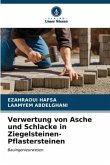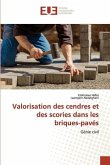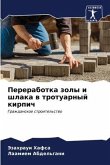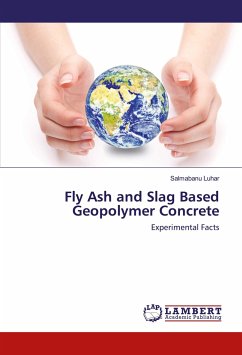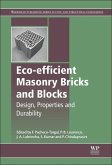The mining industry is criticized worldwide for generating large quantities of solid mine waste, often with a negative impact on the environment. Their reuse as an alternative raw material in construction materials is a promising environmental solution. The aim of this work is to propose reliable and feasible solutions for the manufacture of ecological bricks from two types of waste: thermal power plant waste, i.e. fly ash and bottom ash, and metal smelting residues, i.e. slag. This recovery method enables pollutants to be frozen in the vitreous phase of the brick. These materials are mixed with cement, gravel and sand to produce paving bricks. These are then assessed for their mechanical (compressive strength) and environmental (heavy metal release) properties. The results of this study led to the conclusion that bricks with a slag content in excess of 30% have better compressive strengths.

